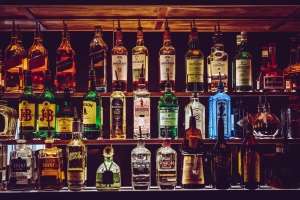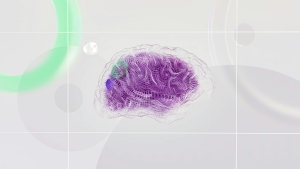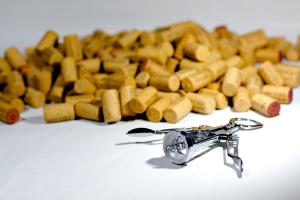The dangers of drinking alcohol during pregnancy
Outubro 27, 2023The consumption of alcoholic beverages during pregnancy and lactation has serious consequences for the health of both the baby and the mother. Know more.
How can alcohol consumption impact mental health?
Outubro 27, 2023Alcohol consumption can be harmful to an individual's mental health, especially if they already have some type of mental disorder.
Do apps help reduce harmful alcohol consumption?
Abril 18, 2023Research seeks to understand whether it is possible to use cell phone applications to treat disorders related to alcohol use.
From abuse to addiction
Março 16, 2023Learn how heavy drinking and other risk factors can predispose to alcoholism
3 Reasons Why You Should Care About What “Standard Drink” Means
Dezembro 22, 2023Do you know what a standard drink of alcohol is? A concept created to help you understand the amount of pure alcohol contained in different types and volumes of alcoholic drinks, it can change the way you view your consumption.
How long does it take for the brain to recover from the damage caused by heavy alcohol use?
Abril 11, 2024A study evaluated whether it is possible for the thickness of the cerebral cortex of alcoholics to recover to levels comparable to those of people who do not consume alcoholic beverages.
Concerns such as the fear of “embarrassing yourself” or being judged the next day are more determining factors for young people to moderate their alcohol consumption.
What is the influence of alcohol on sex?
Junho 30, 2023Alcohol abuse can interfere with sexual activity in both men and women
Most Brazilians do not know what “moderate drinking” means
Outubro 27, 2023Research shows that 75% of abusive alcohol consumers in Brazil believe they drink moderately.










